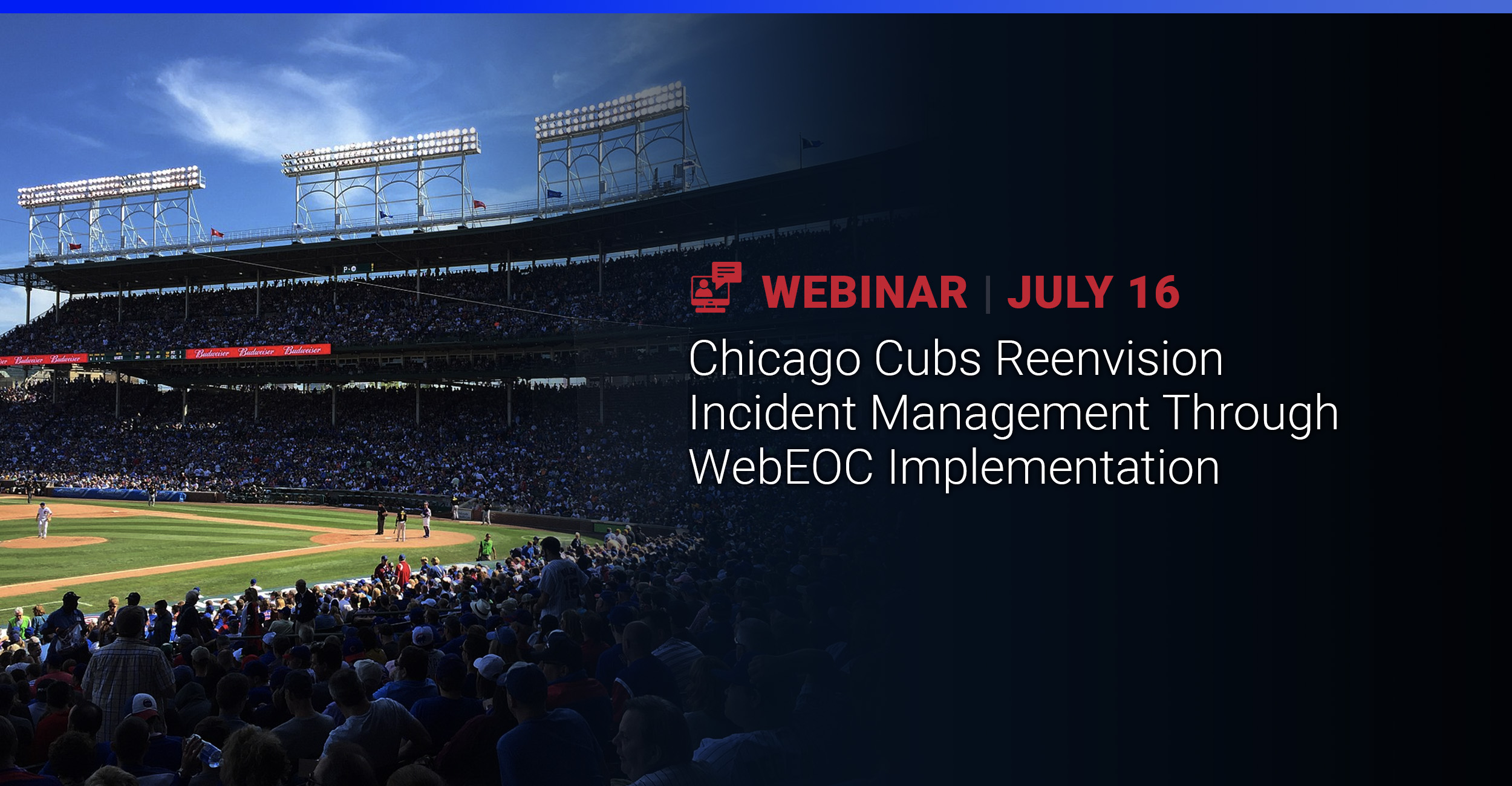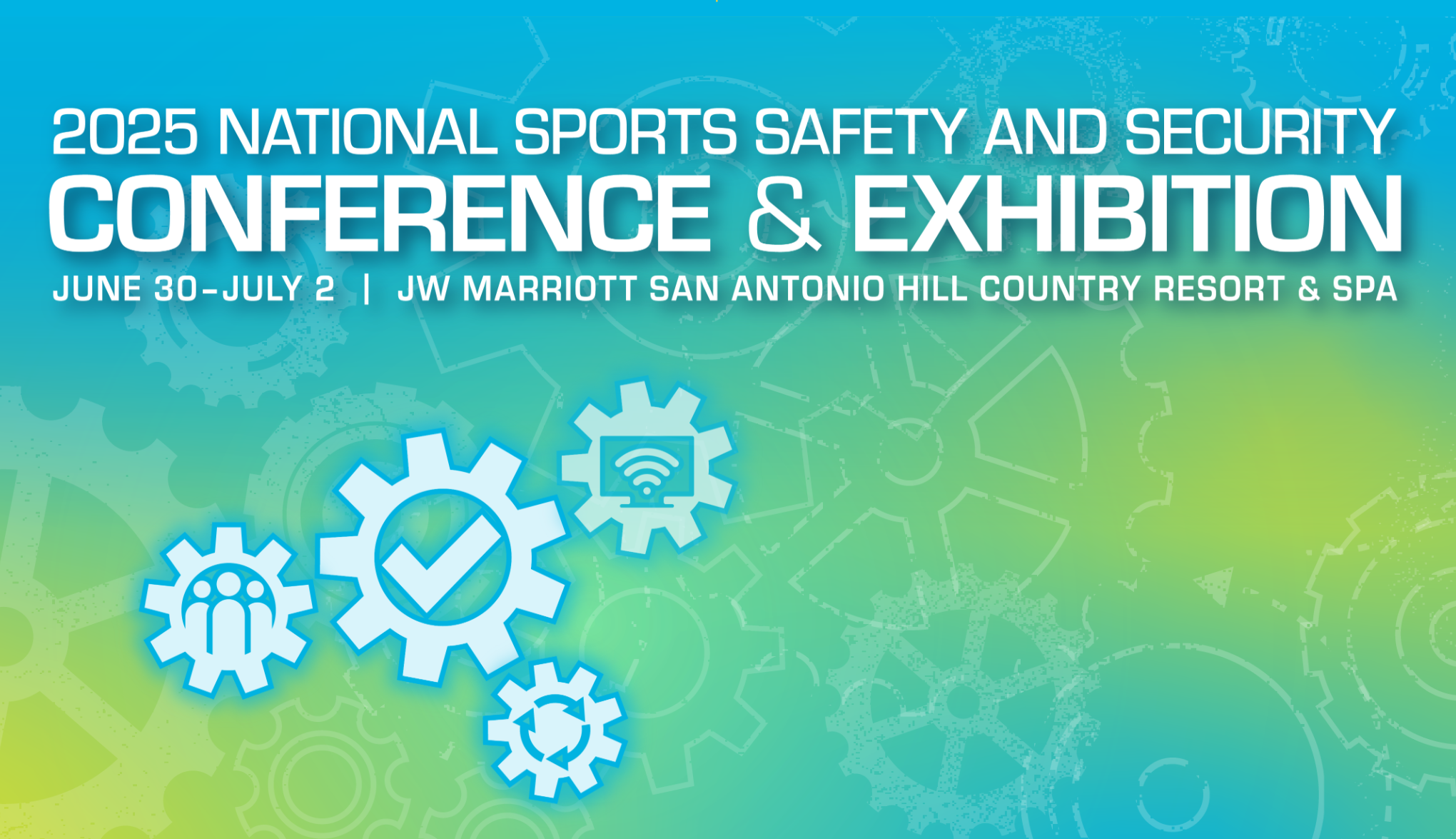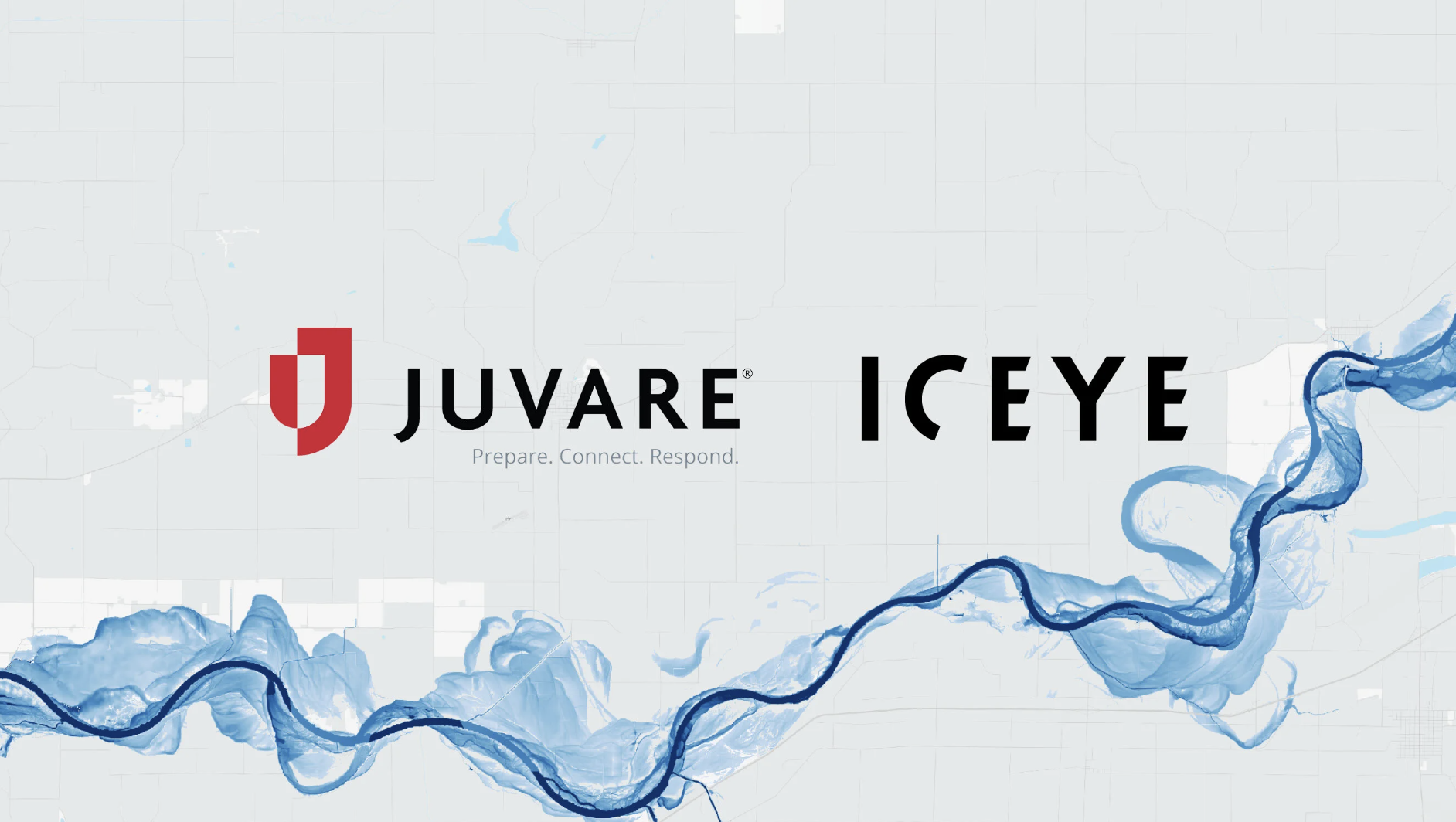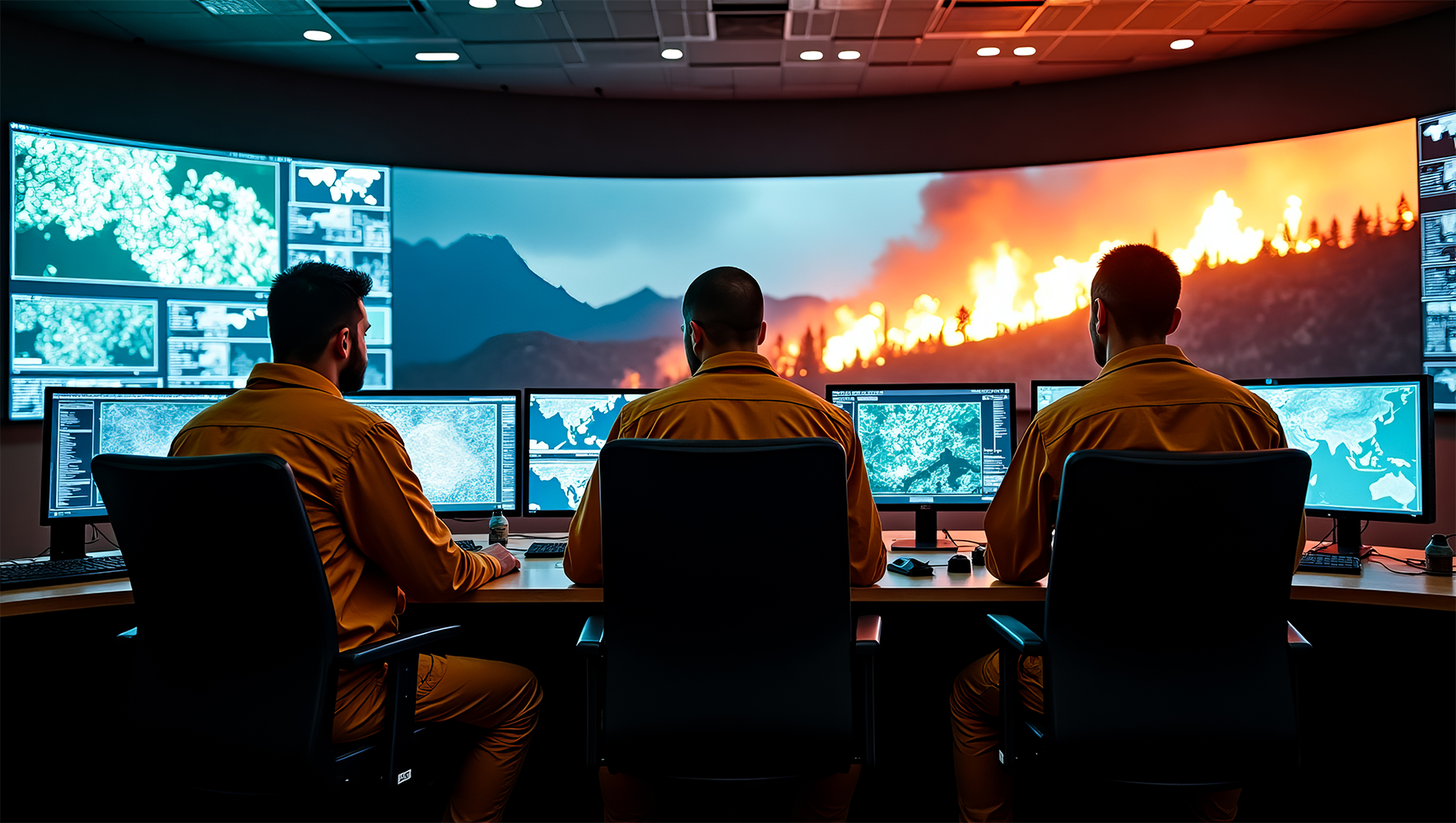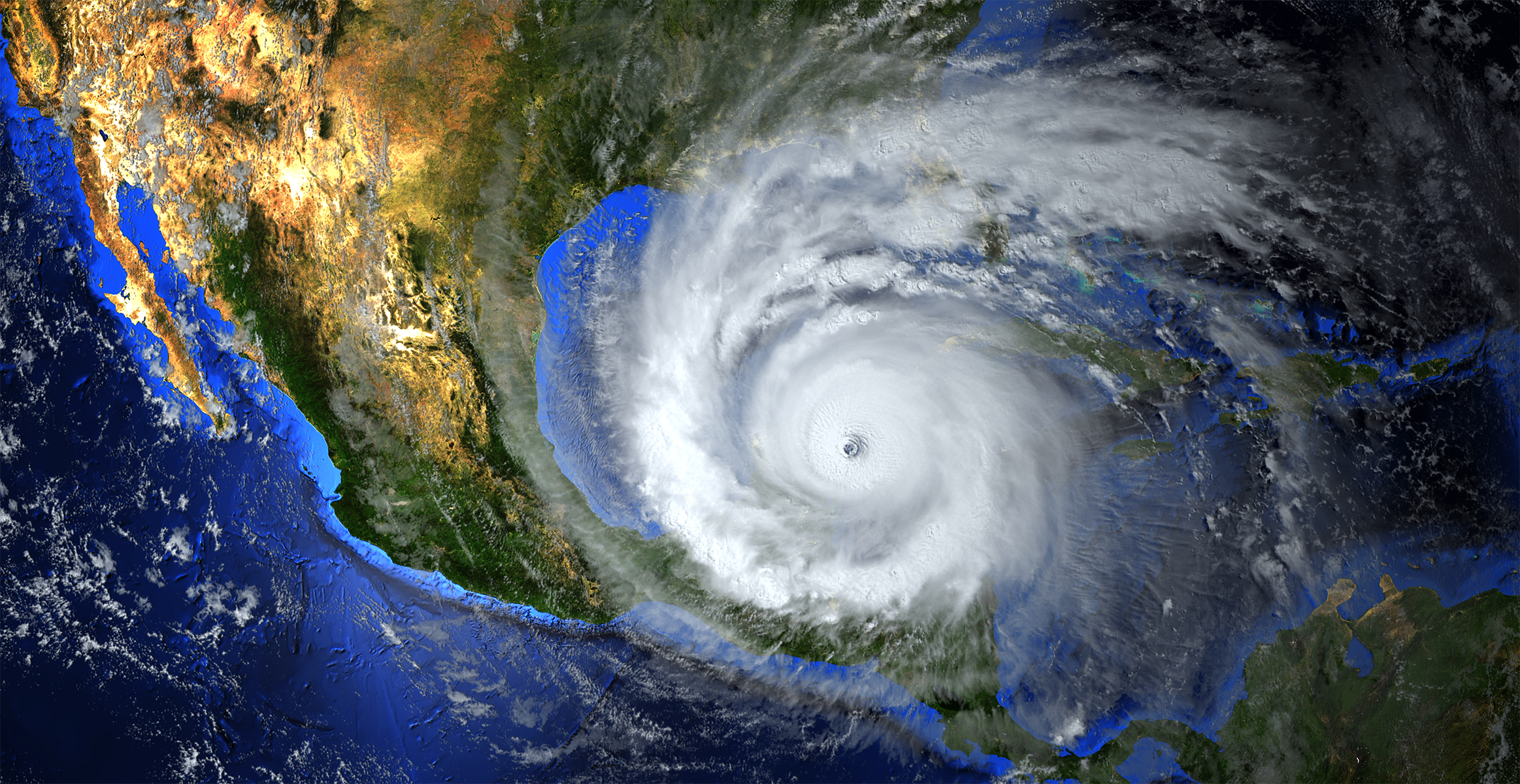The Role of Social Media in Emergency Management
Social media platforms such as Twitter, Facebook, and Instagram offer real-time information dissemination and public engagement, making them vital during crises. Here are the top ten considerations for using social media in emergency management:
- Real-Time Information Sharing: Social media enables immediate sharing of critical information, helping to keep the public informed and safe.
- Monitoring and Situational Awareness: By tracking social media feeds, emergency managers can gain insights into the unfolding situation and public sentiment.
- Public Engagement and Communication: Social media facilitates direct communication with the public, allowing for swift dissemination of alerts and updates.
- Crowdsourcing and Data Collection: Platforms can be used to gather information from the public, such as damage reports and resource needs.
- Rumor Control and Misinformation Management: Emergency managers can use social media to correct false information and provide accurate updates.
- Resource Coordination: Social media can aid in the coordination of resources and volunteers by providing a platform for organizing efforts.
- Training and Preparedness: Social media campaigns can help educate the public about emergency preparedness and response strategies.
- Post-Incident Analysis: Social media data can be analyzed post-incident to evaluate the effectiveness of response efforts and improve future strategies.
- Inclusivity and Accessibility: Ensuring that social media communications are accessible to all, including those with disabilities, is essential.
- Policy and Protocol Development: Establishing clear policies and protocols for social media use in emergencies is critical for effective management.
How Innovative Solutions Enhance Emergency Management
At Juvare, we recognize the transformative potential of technology in emergency management. Our suite of tools, including WebEOC, Crisis Track, and eICS, is designed to enhance communication, coordination, and situational awareness.
- WebEOC: This platform allows for real-time information sharing and collaboration among emergency management teams. By providing a centralized location for data and communication, WebEOC supports effective decision-making and situational awareness.
- Crisis Track: Our damage assessment tool enables the collection and management of data quickly and accurately. This information can be used to prioritize response efforts and allocate resources efficiently.
- eICS: Our incident management system supports robust communication and coordination features, ensuring that emergency managers can manage information flow effectively and communicate directly with stakeholders.
By utilizing these tools, emergency managers can enhance their response capabilities and maintain public trust. Juvare’s solutions are designed to support the dynamic and fast-paced nature of emergency management, ensuring that critical information is always at your fingertips.
Conclusion
The integration of social media into emergency management is no longer optional; it is essential. The considerations highlighted by ‘Homeland Security Today’ underscore the importance of leveraging these platforms to improve communication, coordination, and situational awareness during emergencies. Innovative solutions provide robust tools that support these efforts, enabling a more effective response.
For more information on how advanced technology can help your organization utilize social media in emergency management, please visit our website or contact our experts today. Together, we can build a more resilient and connected community.











